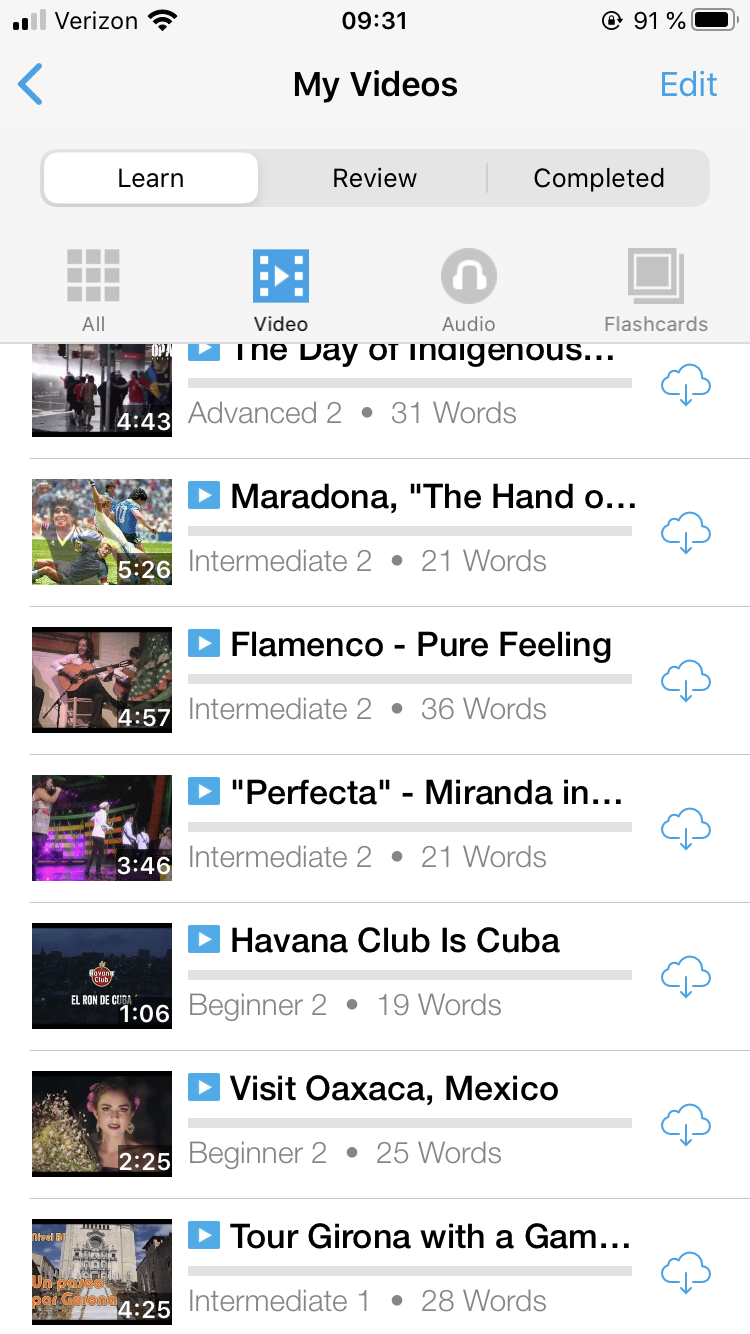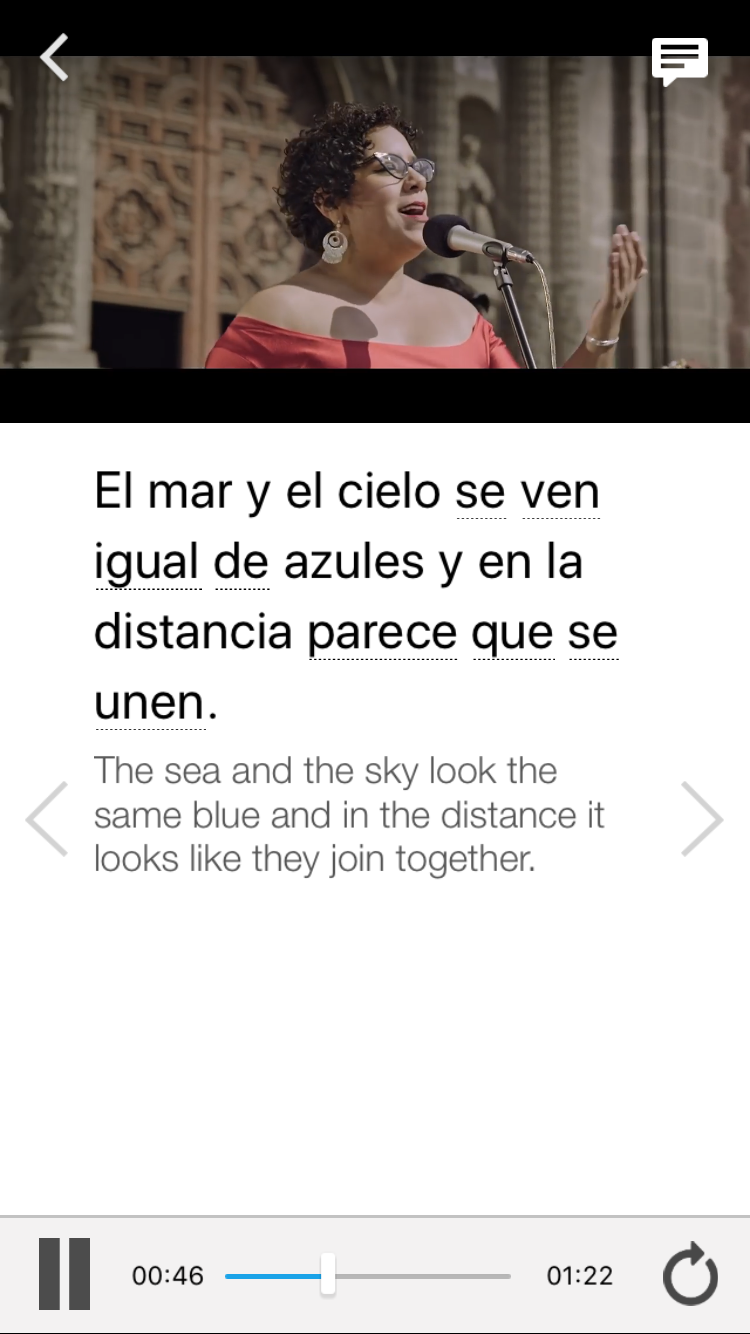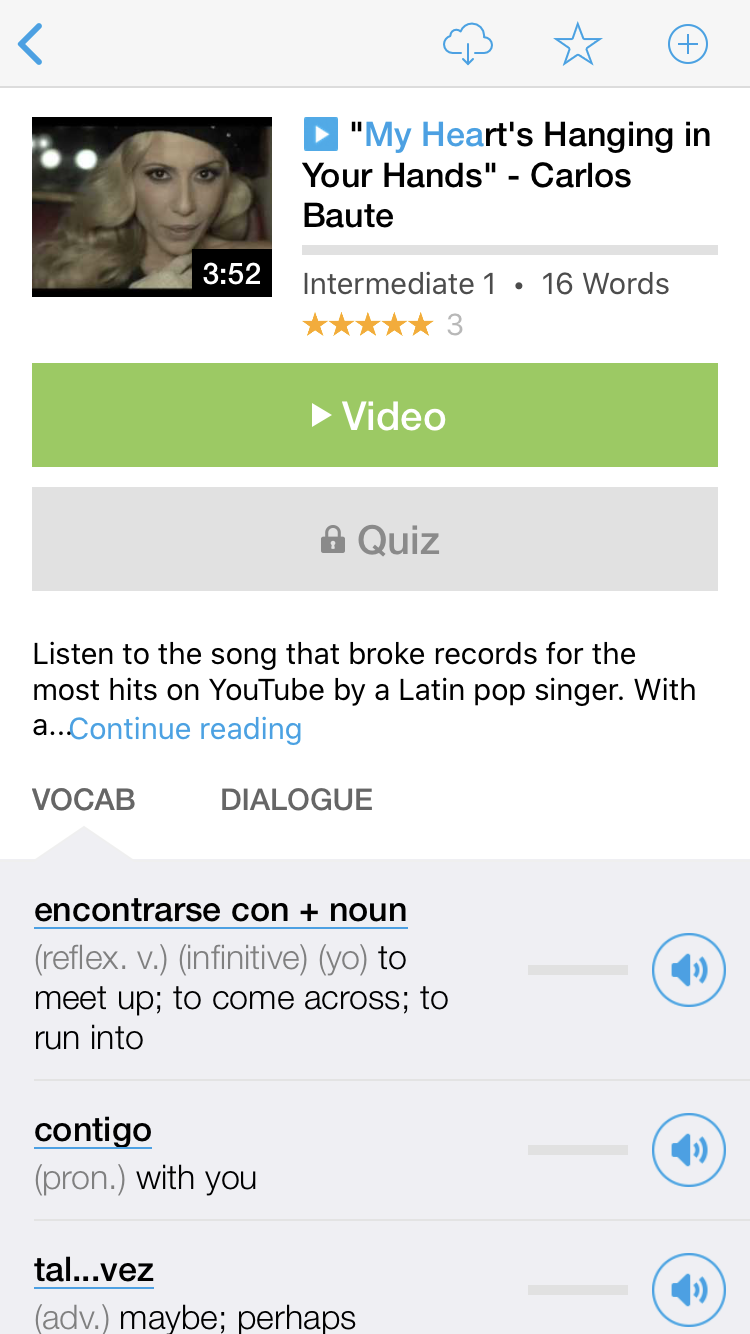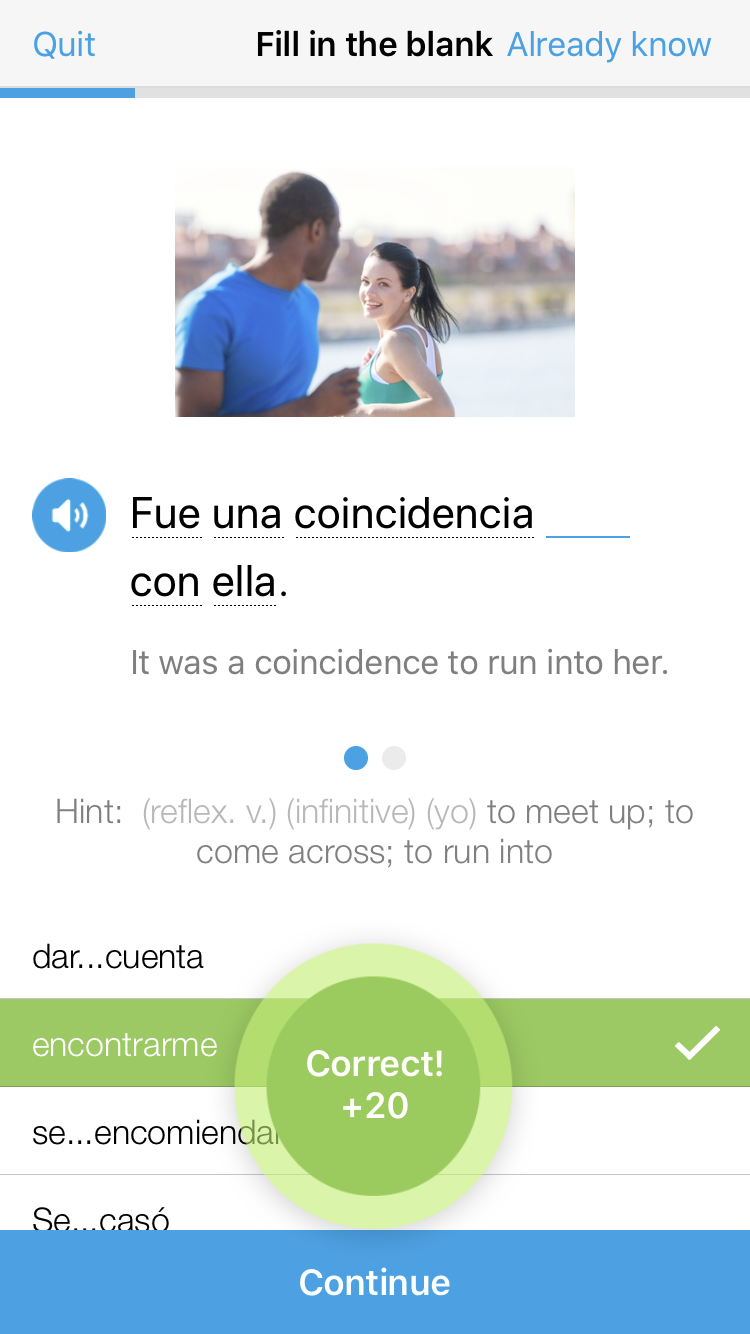
Whether you’re celebrating a big accomplishment like graduation or a small victory like acing a quiz, knowing how to say “congratulations” in Spanish is the perfect way to show your support.
But with so many options, where do you start?
Learn how to say the most common phrases like the ever-versatile “¡Felicidades!” and delve into more nuanced expressions like “¡Enhorabuena!” and “¡Bien hecho!”
Plus, check out how to congratulate someone on specific achievements and more.
This post is your one-stop shop for knowing how to say congrats in Spanish!
Contents
Download:
This blog post is available as a convenient and portable PDF that you
can take anywhere.
Click here to get a copy. (Download)
Felicidades is a general term you can use for any kind of happy occasion, big or small.
You can also say “¡Felicidades!” on its own, without any specific reason, to simply express your happiness for someone.
Examples:
¡Felicidades por graduarte!
— Congratulations on graduating!
¡Felicidades por la boda!
— Congratulations on the wedding!
¡Felicidades, eres un gran cantante!
— Congrats, you’re a great singer!
Felicitaciones is a more formal version of felicidades. It’s typically used in more serious or professional contexts, such as congratulating someone on a job promotion or a major accomplishment.
Examples:
Felicitaciones por su nuevo puesto como gerente.
— Congratulations on your new position as manager.
Felicitaciones por su boda.
— Congratulations on your wedding.
Felicitaciones, el trabajo es suyo.
— Congratulations, the job is yours.
¡Enhorabuena!
— Congratulations! (Old-fashioned)
This expression carries almost the same meaning as felicitaciones, although enhorabuena is more commonly used to congratulate on personal or professional achievements. It’s particularly appropriate for significant accomplishments like graduations, awards, promotions or reaching important milestones.
It’s a bit of an old-fashioned expression nowadays, though, so in cases like these you may hear people using felicidades or felicitaciones instead.
Examples:
¡Enhorabuena por graduarte con honores!
— Congratulations on graduating with honors!
¡Enhorabuena, Alma, eres nuestra ganadora!
— Congratulations, Alma, you’re our winner!
This congratulatory phrase is perfect for acknowledging specific tasks, goals or challenges someone has successfully completed. Use it when someone has performed something particularly well, showcasing their abilities or talent.
It’s a casual phrase that’s suited for everyday situations and praising ongoing efforts.
Examples:
¡Bien hecho, terminaste el proyecto a tiempo!
— Well done, you finished the project on time!
¡Bien hecho, chicos!, hicieron un gran trabajo.
— Well done, guys! You did a great job.
Bravo is often used when congratulating someone for a performance, presentation, public speaking or showcasing their artistry in any form. Think of it as applauding their skill and expression. It’s typically used in a more theatrical or artistic context, and is less common in everyday situations.
Examples:
¡Bravo, tu actuación en la obra fue fenomenal!
— Bravo, your performance in the play was phenomenal!
¡Qué bella interpretación de piano!, ¡bravo, bravo!
— What a beautiful piano performance! Bravo, bravo!
While “Buen trabajo!” (Great job!) does convey congratulations in Spanish, it doesn’t carry the same weight as directly saying felicidades or other specific congratulatory phrases.
This expression focuses on the quality of someone’s work, highlighting their effort, skill and successful execution. It’s less about the overall achievement itself and more about the process and how it was accomplished.
While it’s not a direct replacement for felicidades if you want to simply congratulate someone on an achievement, you can use it in situations where the quality of the work itself deserves recognition.
Examples:
¡Buen trabajo con la presentación, Gabriel!
— Great job on the presentation, Gabriel!
¡Buen trabajo, amigos! Hora de ir a casa.
— Fantastic teamwork, you achieved a phenomenal result!
When celebrating a holiday or festivity, you’ll probably use an expression with feliz in it to congratulate others on those special occasions. Some common expressions include “¡Feliz cumpleaños!”, “¡Feliz Navidad!” and “¡Feliz Año Nuevo!”
Examples:
¡Feliz aniversario!
— Happy anniversary!
¡Feliz Navidad a todos!
— Merry Christmas to all!
If the expression uses a plural noun, the plural of “feliz” (“felices”) is used instead:
¡Felices fiestas, amigos!
— Happy holidays, friends
¡Felices quince años, Dora!
— Happy 15th birthday, Dora! (Lit. “Happy 15 years, Dora!”)
Congratulations for Specific Occasions
If you’re congratulating someone on a specific achievement or life milestone, you can combine the congratulatory words and phrases above with the specific situation. Check out some specific examples below, and find even more through the context of FluentU’s authentic learning program.
Birthday:
Graduation:
Job promotion:
Wedding:
Birth of a baby:
Sports victory:
Business success:
Achievement or award:
Congratulations on finishing this post about how to say “congratulations” in Spanish! Next time you want to celebrate someone for their achievements, you can do so in Spanish.
And One More Thing…
If you’ve made it this far that means you probably enjoy learning Spanish with engaging material and will then love FluentU.
Other sites use scripted content. FluentU uses a natural approach that helps you ease into the Spanish language and culture over time. You’ll learn Spanish as it’s actually spoken by real people.
FluentU has a wide variety of videos, as you can see here:

FluentU brings native videos within reach with interactive transcripts. You can tap on any word to look it up instantly. Every definition has examples that have been written to help you understand how the word is used. If you see an interesting word you don’t know, you can add it to a vocab list.

Review a complete interactive transcript under the Dialogue tab, and find words and phrases listed under Vocab.

Learn all the vocabulary in any video with FluentU’s robust learning engine. Swipe left or right to see more examples of the word you’re on.

The best part is that FluentU keeps track of the vocabulary that you’re learning, and gives you extra practice with difficult words. It’ll even remind you when it’s time to review what you’ve learned. Every learner has a truly personalized experience, even if they’re learning with the same video.
Start using the FluentU website on your computer or tablet or, better yet, download the FluentU app from the iTunes or Google Play store. Click here to take advantage of our current sale! (Expires at the end of this month.)



